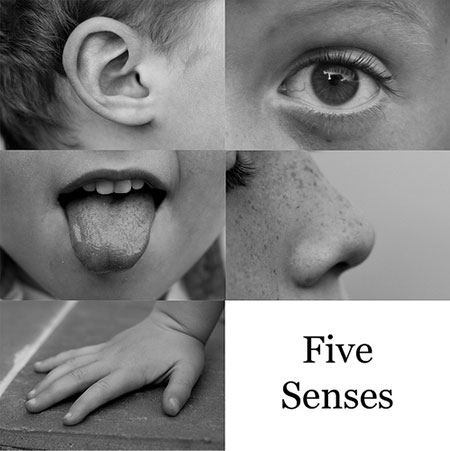Kahoot games:
https://play.kahoot.it/#/k/edddd38d-14d9-4025-b0b5-8504d6eab174
https://play.kahoot.it/#/k/16e16d2a-4f04-49a7-a9dd-a0f97bf2e26b
Some creepy, scary videos to get into the Halloween mood. Visit the at your own risk:
https://www.youtube.com/watch?v=hIFkut11Xpc
https://www.youtube.com/watch?v=D2s59Kug2u4
https://www.youtube.com/watch?v=i-vyBhEK36o
Halloween worksheet
Visit www.history.com/topics/halloween/history-of-halloween and read the first section
entitled Ancient origins of Halloween. Look for the answers to these 13 (unlucky for some)
questions.
1. Where is the celebration of Halloween thought to have come from?
2. The Celts occupied an area of land covering three modern-day countries or regions. Which
are they?
3. Why did the Celts celebrate ‘Samhain’ on the night of 31 October?
4. What did the Celts believe the ghosts of the dead would cause damage and trouble to?
5. To commemorate the event, what did the Druids build?
6. What costumes did they wear?
7. What did they re-light to help protect them from the coming winter?
8. By 43 AD, who had mostly conquered the Celts?
9. What two other festivals were combined with ‘Samhain’?
10. After many changes due to the spread of Christianity, what new celebration was created
in 1000 AD?
11. What were the similarities between this day and ‘Samhain’?
12. What was another name given to this celebration?
13. What was the night before called and what did this finally become?
Jack-o’-lantern
Read the introductory paragraph at https://www.history.com/news/history-of-the-jack-o-lantern-irish-origins and look for the answers to the following questions.
1. The jack-o’-lantern tradition originated from which Irish myth?
2. What did Jack do with the coin instead? Why?
3. Under what condition did Jack free the devil?
4. What trick did Jack play the following year and how did he prevent the devil coming
down from the tree?
5. What happened soon after?
6. What problem did Jack then face?
7. What did the Irish call Jack’s ghost?
8. What did the Irish then begin to make and place in their windows and doorways and why?
9. What did the vegetable become in America?
Trick-or-treating
Read the first two paragraphs of this website link about the tradition of ‘trick-or-treating’:
en.wikipedia.org/wiki/Trick-or-treating and answer the following questions,
1. What do children ask for when they travel from house to house?
2. What do children say when they arrive at a house?
3. What is usually the ‘trick’?
4. Since when has this tradition been practised in North America?
5. What do homeowners who wish to participate sometimes do to their houses?
6. Since when have people in Britain and Ireland practised the tradition of asking for food
at Halloween?
7. What else have they done since then?
8. Trick-or-treating has become prevalent in countries outside of America – what do the
2. What do children say when they arrive at a house?
3. What is usually the ‘trick’?
4. Since when has this tradition been practised in North America?
5. What do homeowners who wish to participate sometimes do to their houses?
6. Since when have people in Britain and Ireland practised the tradition of asking for food
at Halloween?
7. What else have they done since then?
8. Trick-or-treating has become prevalent in countries outside of America – what do the
children ask for in Mexico?








